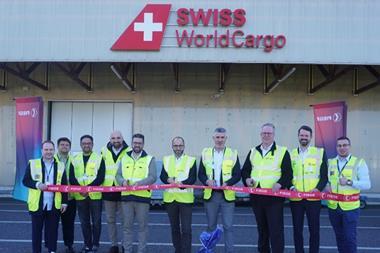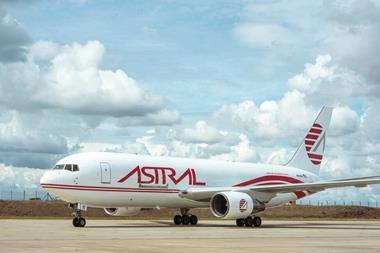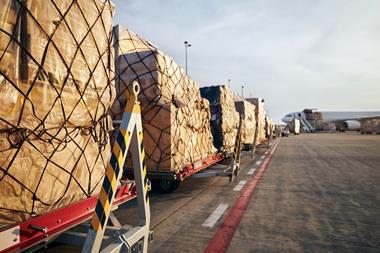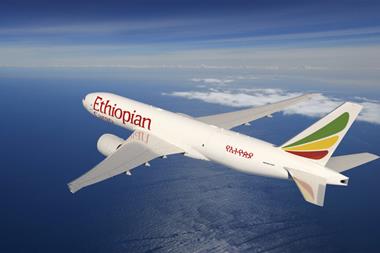A much-awaited Single African Air Transport Market will come into force in January 2018 and provide the opportunity for closer cooperation between African and foreign carriers.
The new agreement will include 23 of the 54 African countries and create a single unified market in Africa, together with liberalisation of civil aviation in Africa and so give an impetus to the continent's economic integration agenda.
Sanjeev Gadhia, chief executive of African cargo carrier Astral Aviation and a TIACA board member, said that with a single unified air-transport market in place, it is likely that foreign carriers will place more importance on co-operating with African airlines through code-shares and joint venture agreements.
Currently, foreign airlines operating into Africa rarely co-operate with local carriers with the exception of interline agreements in the form of SPAs (Special Pro Rate Agreements), Gadhia argued in TIACA’s latest newsletter.
Gadhi said that the new market would be a unique opportunity for TIACA and the African Airlines Association (AFRAA) to form a joint project to enable carriers from both associations to enhance their co-operation, he predicted.
Gadhia pointed out that, according to IATA, African carriers had the fastest growth in year-on-year freight volumes, up 31.6% in June 2017 while capacity had increased 7.6%.
He said: “Demand has been boosted by very strong growth on the trade lanes to and from Asia which have increased by nearly 60% in the first five months of 2017. Capacity grew 11.2% in the first half of the year.”
While seasonally adjusted growth has levelled off in recent months, the growth in the continent ‘s airfreight market is set to remain in double digits for the remainder of 2017.
Despite this, however, “ Africa continues to face enormous challenges in its air-cargo development strategy due to the lack of liberalisation, restrictions on traffic rights, limited intra-Africa connectivity, lack of co-operation between African Airlines, high cost and taxes in fuel and airport services, inadequate infrastructure and lack of capacity building and training.”
It was “a sad-reality” that only 15% of the continent’s air cargo is carried by African-domiciled carriers.
Nevertheless, Africa will offer enormous opportunities in air-cargo to serve its young and growing middle-class population, Gadhia predicted.
TIACA priorities for 2018 would include lobbying for reduced taxes and active participation in AFRAA’s Route Network Co-ordination Project.










